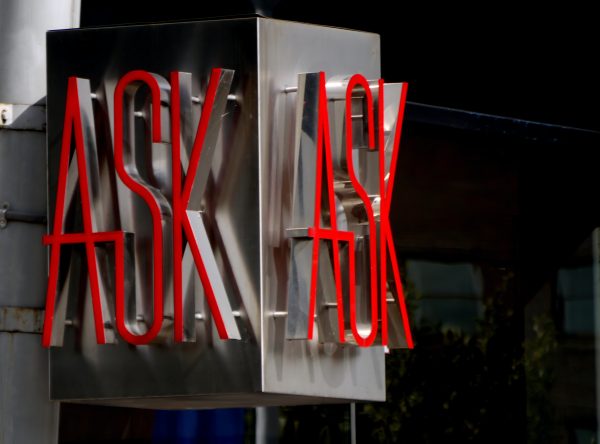Dear Career Tips: Did You Ask For The Job?
From Career Tips, 2019 Volume 5, May 2019
I was conducting my Interview Skills workshop, and asked the audience what the candidate must do at the end of an interview. I had two things in mind, but was reminded of a third that seems so obvious that I hadn’t even thought to mention it:

Obviously, I'm assuming that the interview went reasonably well, such that you actually have a realistic shot at an offer. If not, then go back to the first of the two things I had in mind during that workshop:
For a road map on how to do that, read You Can't Solve A Problem You Don't Know About, and then Uncovering Objections.
Assuming that the interview did go well, why do you need to ask for the job? Because the hiring manager doesn't want to waste time constructing, haggling with HR or their boss, and then making an offer to someone who might not take it.
You might think that by having a good interview, you have clearly shown that interest. But 'having a good interview' should mean that you did a deep exploration of the challenges faced by the company, the unit, and your potential boss. In effect, you've dug into their dirty laundry, and the hiring manager might legitimately wonder if now that you understand the situation, you have some misgivings about the job.
If you haven’t done that deep exploration, then it’s hard for me to accept that you had a good interview.
And even if you haven't dug up that much dirty laundry, or perhaps because you haven't, the hiring manager might think you are still just 'going for the offer', and aren't necessarily being open about whether you would actually accept.
So how do you make absolutely certain that the hiring manager knows you are still interested in the role at the end of the interview? Ask for the job!
One client who had been out of work for a very long time recently had a panel interview in which he felt completely comfortable and confident. Towards the end, they asked if he had any questions. He replied with a smile, "When do I start?" Everyone laughed. And he started the job a few weeks later.
If you don't feel confident enough to pull that off naturally, then you could try something along these lines,
"Now that I feel like I have a really good picture of the job, I'm confident that I can help you produce x, y and z. I hope you will give me that opportunity."
Or even this approach,
"I'm very excited about this opportunity. What else can I tell you that would help you see that I’m the person you would want to hire?"
Just don’t leave it to chance and assume the hiring manager will know. Remember what "assume" makes of you and me!
Sign up for Career Tips and receive more articles like this every month!
